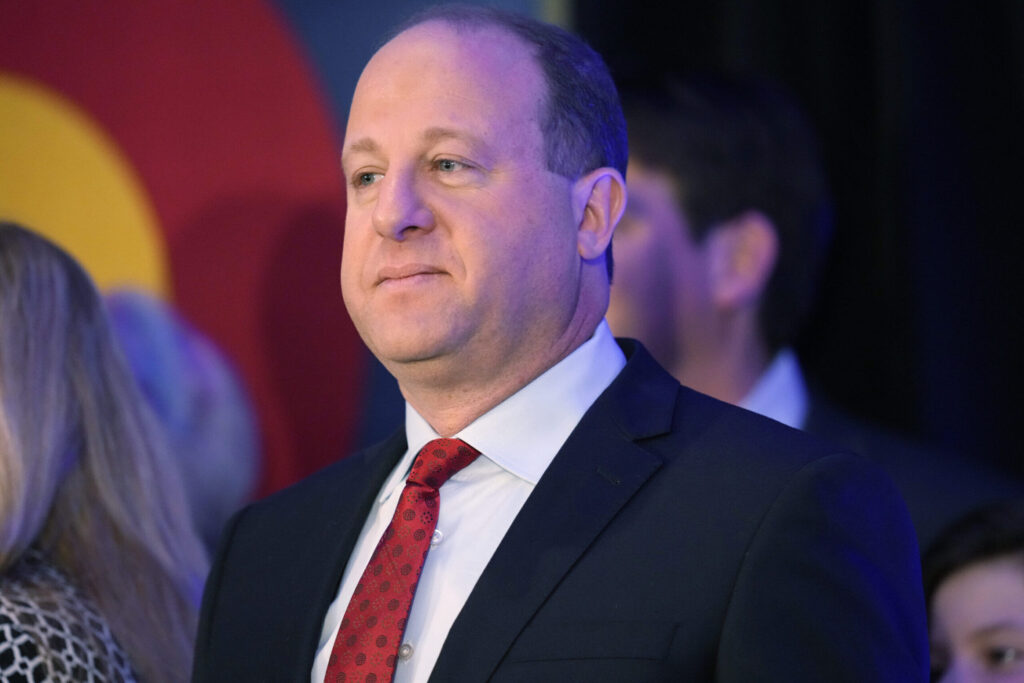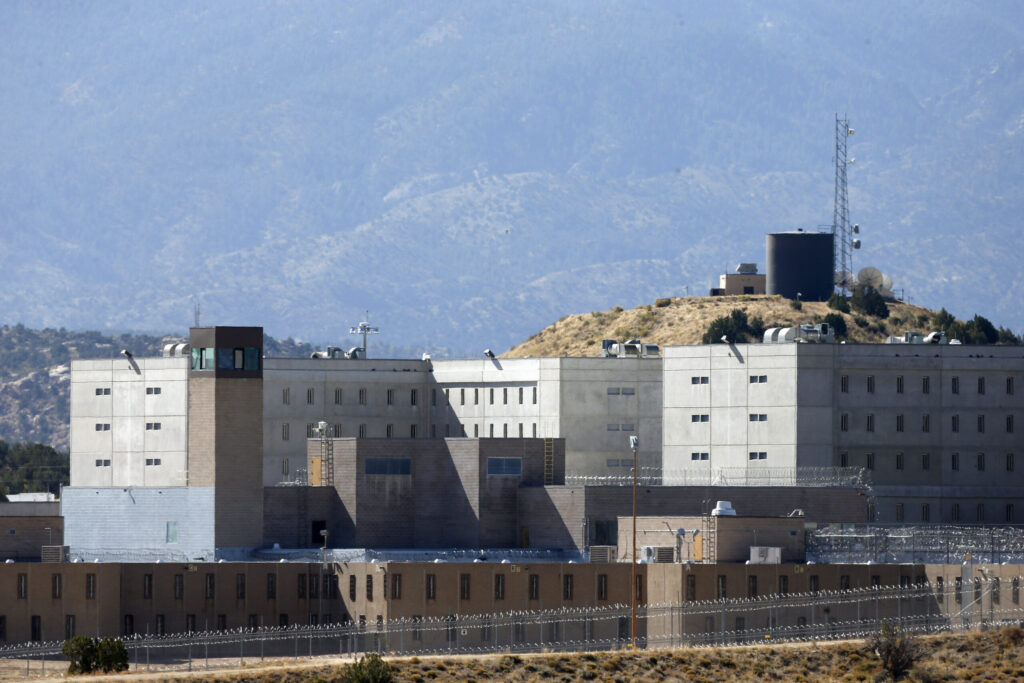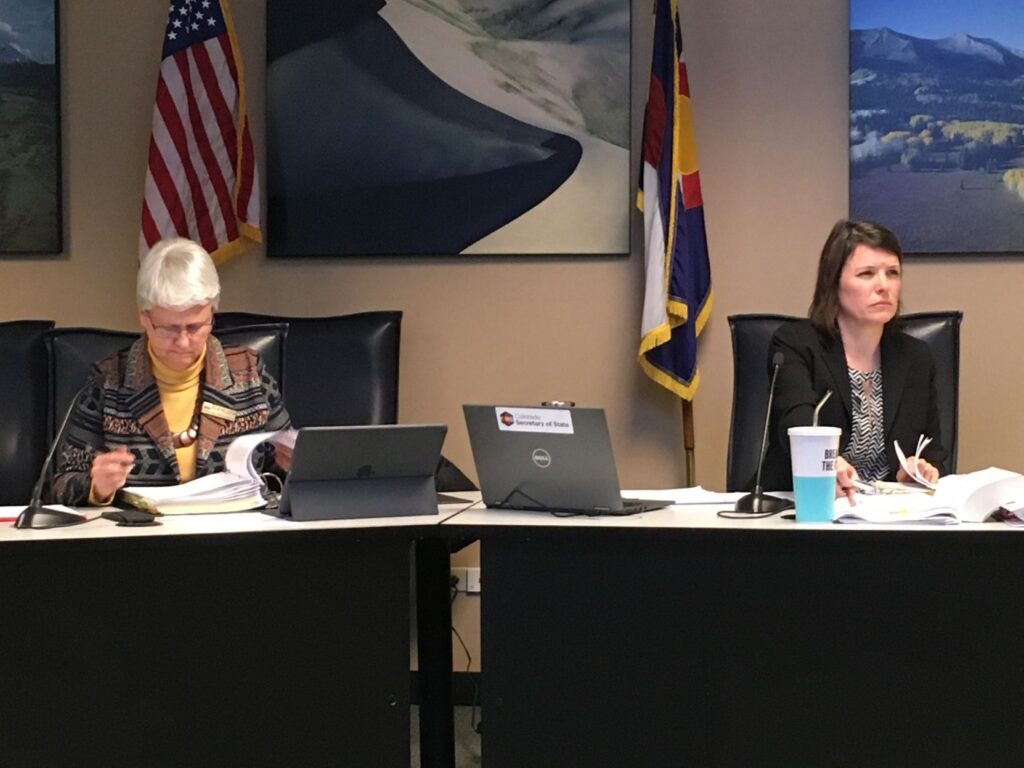Gov. Jared Polis announces $252.5 million in cuts to Colorado state budget

Gov. Jared Polis on Thursday signed an executive order, initiating the process to cut $252.5 million in cash and general funds from the current year’s budget, with the most significant impact on the Department of Health Care Policy and Financing, which administers Medicaid.
Polis also signed into law a measure from the recently concluded special session that requires him to meet with the Joint Budget Committee to review his spending reduction plan. That meeting will take place at 2 p.m. on Thursday.
Additionally, Polis signed the remaining bills from the special session, including changes to tax policy contained in five bills, measures modifying a November ballot measure on school meals and food stamps dollars, and two proposals to provide funding to the state Health Insurance Affordability Enterprise. Those dollars would be used to subsidize health insurance premiums on the individual market for the 2026 year.
Policymakers said the actions taken during the six-day special session, as well as the governor’s executive order, are intended to put the state’s budget back into balance. Democrats have insisted that the special session was necessary because of the fiscal gap that Congress created when it passed H.R. 1, resulting in losses of $1.2 billion in corporate and individual income tax revenue.
That, in turn, meant an $800 million shortfall in the state budget.
Republicans, meanwhile, insisted that the special session did little to nothing to fix the budget deficit, with some calling it “political theatre” aimed at blaming the GOP for Colorado’s self-inflicted wounds. Republicans have long argued that the deficit is the result of Democrats failing to heed warnings of a deficit and of overspending.
Colorado carried a little surplus that the state government could apply, which reduced the shortfall to around $783 million, along with a small amount of new tax revenue from the federal budget.
Policymakers seek to shore up the state budget through three approaches.
The first is by generating $253.2 million in corporate tax revenue that could result from the measures adopted, the most significant portion of which deals with the sale of tax credits to C corporations. Democrats hope to raise approximately $100 million from that pot.
On Thursday, Polis said he believes those sales would be fully realized.
The second is to tap the state’s general fund reserve, which is set at 15% of the general fund’s spending, amounting to to about $2.3 billion. Lawmakers from both sides of the aisle and the Polis administration have been hesitant to tap more than about 2% of those reserves — between $315 million and $328 million.
By law, those dollars must be restored in the next budget year, unless lawmakers decide to reduce the reserve.
Both Polis and Mark Ferrandino, the director of the Office of State Planning and Budgeting, have said taking more than 2% would be fiscally irresponsible, as state economists have predicted a 50% chance of a recession in the next two years.
The general fund reserve is intended as a rainy day fund, a hedge against a recession.
The current situation is not a recession, Polis said.
The third pot deals with the cuts that will take effect on Sept. 1.
Those spending reductions originate from three areas: a hiring freeze that took effect on Aug. 27, resulting in approximately $3 million in savings; budget cuts to eight state agencies, all from the general fund, and transfers of cash funds to the general fund.
The following agencies will see cuts:
Department of Corrections: $3.68 million for transgender services
Department of Health Care Policy and Financing: $79.3 million, through cuts to eight different programs. More details on those cuts, which will affect children’s health, treatment programs, reproductive health for undocumented residents, adult dental, behavioral health and adult comprehensive services, will be made available later today.
At least half of those cuts will impact provider rates.
The latter has been a bone of contention between the governor and the Joint Budget Committee. In last November’s budget submission, Polis suggested about $68 million in cuts, which included provider rates, that the JBC did not adopt. The legislature has worked to increase provider rates over the last several years, but Polis called those increases excessive in November.
Department of Higher Education: $12.7 million, largely cuts to the fee-for-service funding. Ferrandino explained that the colleges and universities got a $22 million increase in their funding for 2025-26 and about $9 million of the cuts are from that increase. He noted that the governor did not recommend such a high increase, and that’s also part of the $68 million difference from November.
Department of Public Health and Environment: $5 million, through cuts to the health disparities grant program and from distributions to local public health agencies.
Another $146 million in cuts will come from cash funds.
That includes $105 million from the state’s Affordable Housing Support Fund, paid for with one-tenth of 1% of state income taxes and approved by voters through Proposition 123 in 2022. The measure contained a caveat that said in years where state revenue is below the Taxpayer’s Bill of Rights limit, the amount of money available for the program may be used to help the state budget.
Under those circumstances — and Polis said H.R. 1 put the state below the TABOR limit — the state legislature can reduce part of the new funding to the affordable housing programs to balance the state budget.
However, Polis said the funds being transferred from Proposition 123 are those that would go to the Office of Economic and International Trade (OEDIT), not the dollars sent to the Department of Local Affairs. The ballot measure stated that approximately 60% of the Proposition 123 funds would be allocated to OEDIT.
The rest of the cash funds that make up the $146 million include the CollegeInvest administration fund ($9.2 million), several severance tax funds, a school and child care clean water drinking fund ($4 million), a disability support fund ($5 million), and a mobile home water quality fund ($3 million).
Those cash fund transfers would be part of the supplemental budget process in the 2026 legislative session, as will all the other spending reductions announced on Thursday.
“I do not take these actions lightly,” Polis said in his signing statement, “but the budget deficit created by H.R. 1 requires us to make hard choices.”
Polis said he intends to send the pens used during Thursday’s bill signing to the four Republican members of Congress from Colorado, as — he argued —any one of them could have voted against the federal budget and killed the measure. The congressional budget passed on a 215-214 vote in May.













